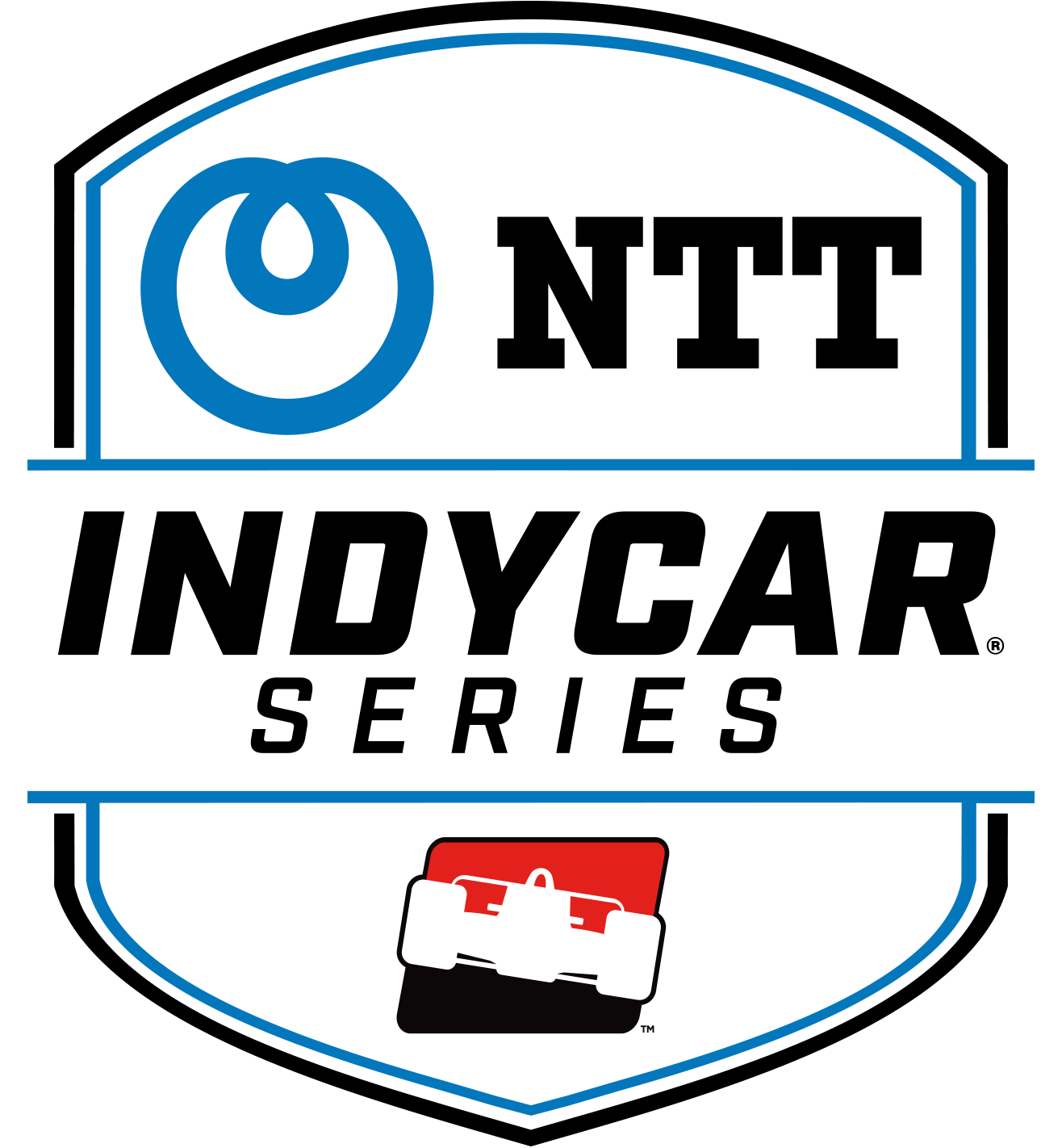


News
Top Stories

Top Stories
-
Firestone Extends Sponsorship of St. Petersburg Race
-
Inside Line: What’s Under the Radar at St. Pete?
-
Baseball Legend Rodriguez In Fastest Seat at St. Pete
-
Shinedown Members To Start Engines at St. Petersburg
-
Dixon Among New Members of Long Beach Walk of Fame
-
2025 Preview: Dale Coyne Racing
-
askROI Joins Dale Coyne Racing as Primary Sponsor for No. 18
-
Storytelling, New Ideas Will Drive FOX Broadcasts
-
Consistency Only Ingredient Needed in Title Mix for O’Ward
-
Andretti Global Placed under TWG Motorsports Umbrella









































